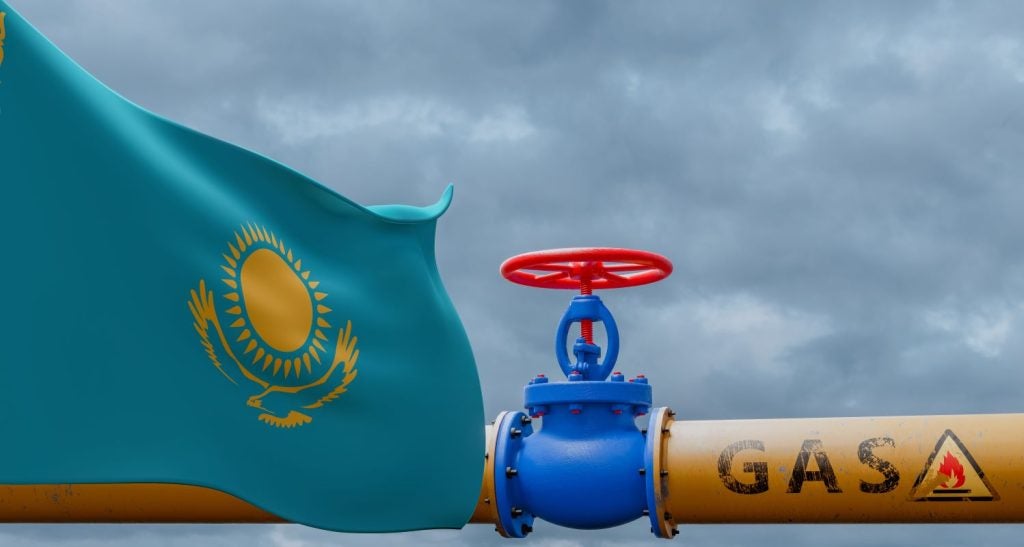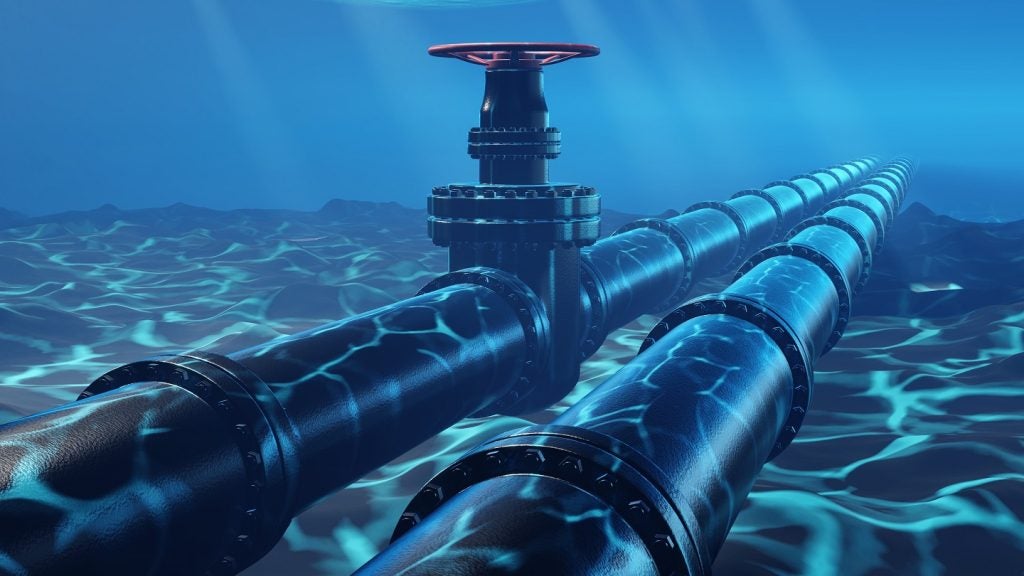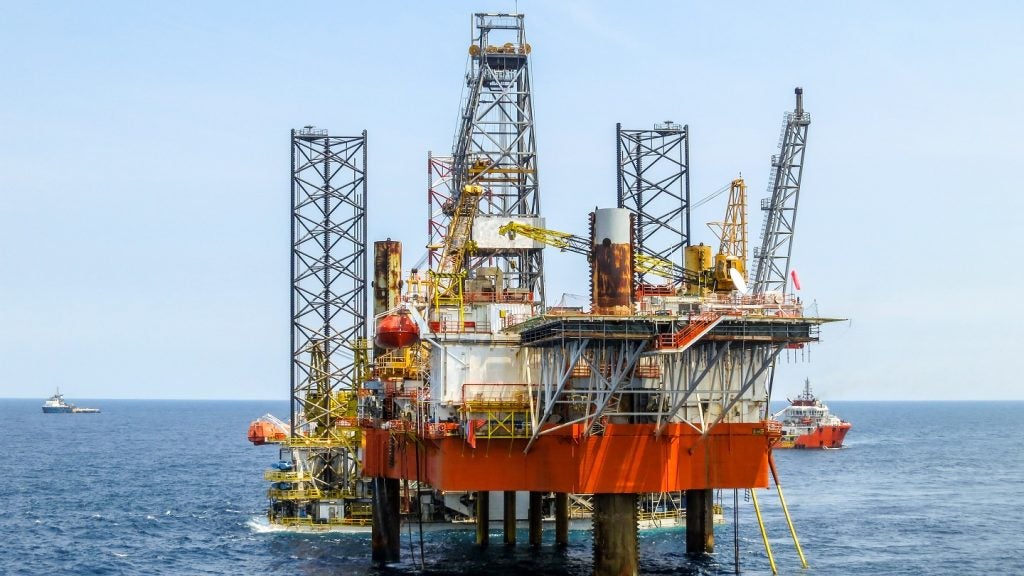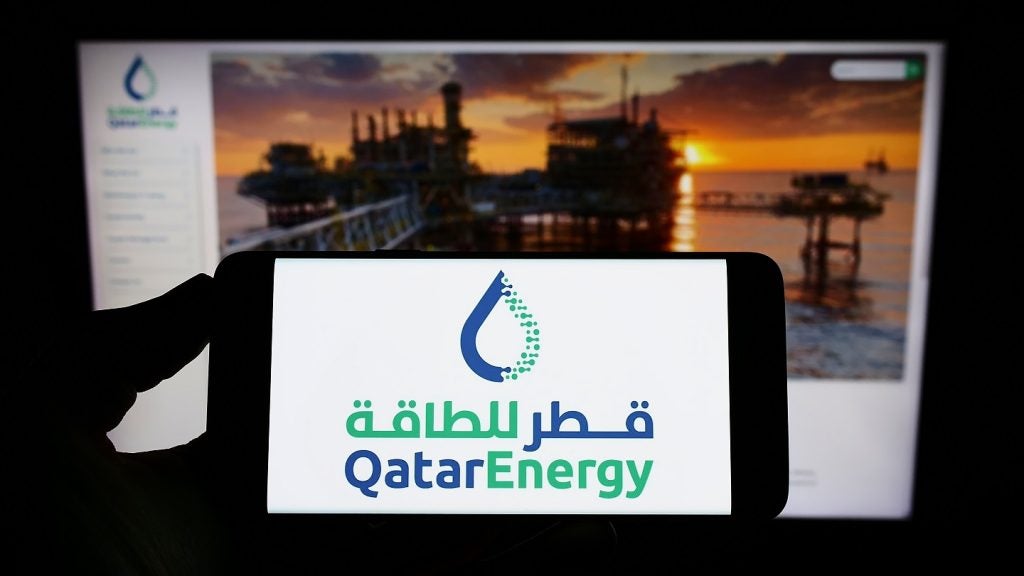Condor Energies has signed its first LNG framework agreement to develop Kazakhstan’s rail locomotives, aiming to fuel the country’s “energy transition requirements and growth plans”.
Kazakhstan Temir Zholy National Company (KTZ), the national railway operator of Kazakhstan, and Wabtec, a US-based locomotive manufacturer with existing facilities in the central Asian nation, signed the agreement on Wednesday.
According to Canada-based energy transition company Condor, KTZ and Wabtec signed a memorandum of understanding in 2022 that included modernisation work for converting the mainline fleet into NextFuel LNG-powered locomotives, which can be powered by both diesel and LNG.
The most recent agreement provides a detailed framework for coordinating efforts by the three parties “to ensure that Condor’s LNG production volumes coincide with the delivery of new and converted LNG-powered rail locomotives from Wabtec”, Condor said in a statement.
Condor’s first facility will be built near Aktobe, Kazakhstan, and will manufacture 120,000t of LNG every year, equivalent to the energy volume of 450,000 litres of diesel per day.
The first phase of the initial facility is set to start LNG production in mid-2026, and a consistent feedgas source has already been guaranteed. The company is also exploring alternative funding options for the project.
The energy company claims that substituting diesel with LNG as the locomotive fuel is projected to lower expenses and increase the speed of transporting goods by rail throughout Kazakhstan. It will also lower fuel and maintenance costs.
The announcement claims the deal is crucial for providing a consistent, cost-effective, eco-friendly fuel supply for the Transcaspian International Transport Route (TITR) expansion, and is the most “secure transit corridor for moving freight between Asia and Europe”.
The route begins in South East Asia and China, extends across Kazakhstan, passes the Caspian Sea, Azerbaijan and Georgia, and continues into Europe.
Condor stated that the Government of Kazakhstan and KTZ are heavily investing in the TITR infrastructure, including expanding the rail network, building a new dry port at the Kazakhstan–China border and enhancing container-handling capacities at different Caspian Sea ports.
Moreover, the energy company says it will significantly diminish greenhouse gas emissions, aligning with the Kazakhstan Government's goal, as stated in February 2023, to achieve carbon neutrality by 2060.
Don Streu, president and CEO of Condor, said: “This is a significant milestone in the company’s strategic plan to promote, produce and distribute LNG for use in Kazakhstan’s transportation sector.” He was speaking via the published statement.
Kazakhstan’s total gas production in 2023 reached 59.063 billion cubic metres (bcm), with the Tengiz field contributing 16.009bcm, Karachaganak hitting 22.385bcm, Kashagan at 11.856bcm and other fields contributing 8.813bcm combined.
On Tuesday, regional news provider Azernews reported that Kazakhstan aims to increase its gas production by 2.3% in 2024 on the year, targeting 60.5bcm.















